In the high-octane world of racing, sponsors play a crucial role in not only funding teams and events but also shaping the culture and landscape of the sport. From grassroots competitions to the pinnacle of Formula 1, sponsorships are integral to the success and sustainability of racing. This exploration delves into how sponsors influence racing culture and the various facets of their involvement in the sport.
The Evolution of Sponsorship in Racing
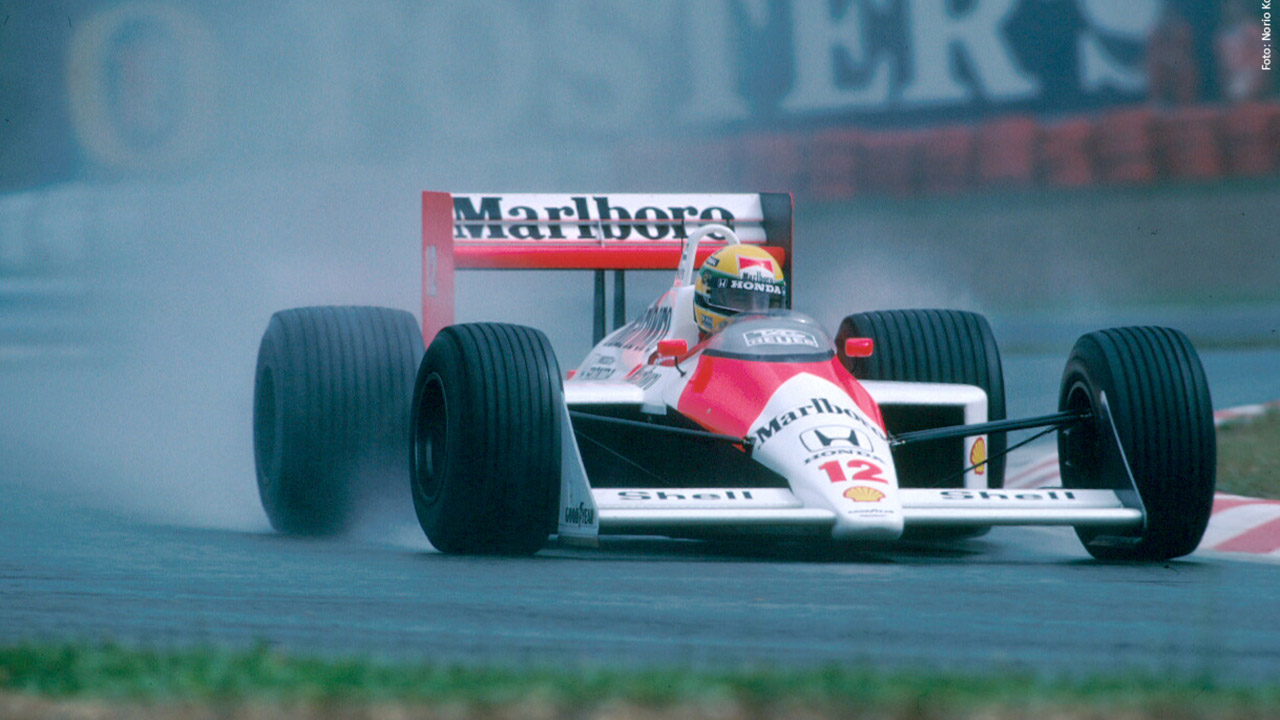
The origins of sponsorship in racing can be traced back to the early 20th century when companies began to see the potential of aligning their brands with the thrilling world of motorsports. Initially, sponsorships were modest, often involving local businesses supporting regional races. However, as the popularity of racing grew, so did the scale and scope of sponsorship deals. By the 1970s, major corporations recognized the marketing potential of motorsports, leading to significant investments and the birth of iconic partnerships.
Key milestones in the evolution of sponsorship include the groundbreaking deal between tobacco company Marlboro and Ferrari in the 1980s, which set a precedent for long-term, high-value sponsorship agreements. Over the decades, sponsorships have transformed from simple logo placements to complex, multi-channel marketing strategies. The advent of digital technology has further reshaped sponsorship strategies, allowing brands to engage with fans through social media, virtual reality experiences, and interactive content, thus broadening their reach and impact.
The Financial Backbone of Racing
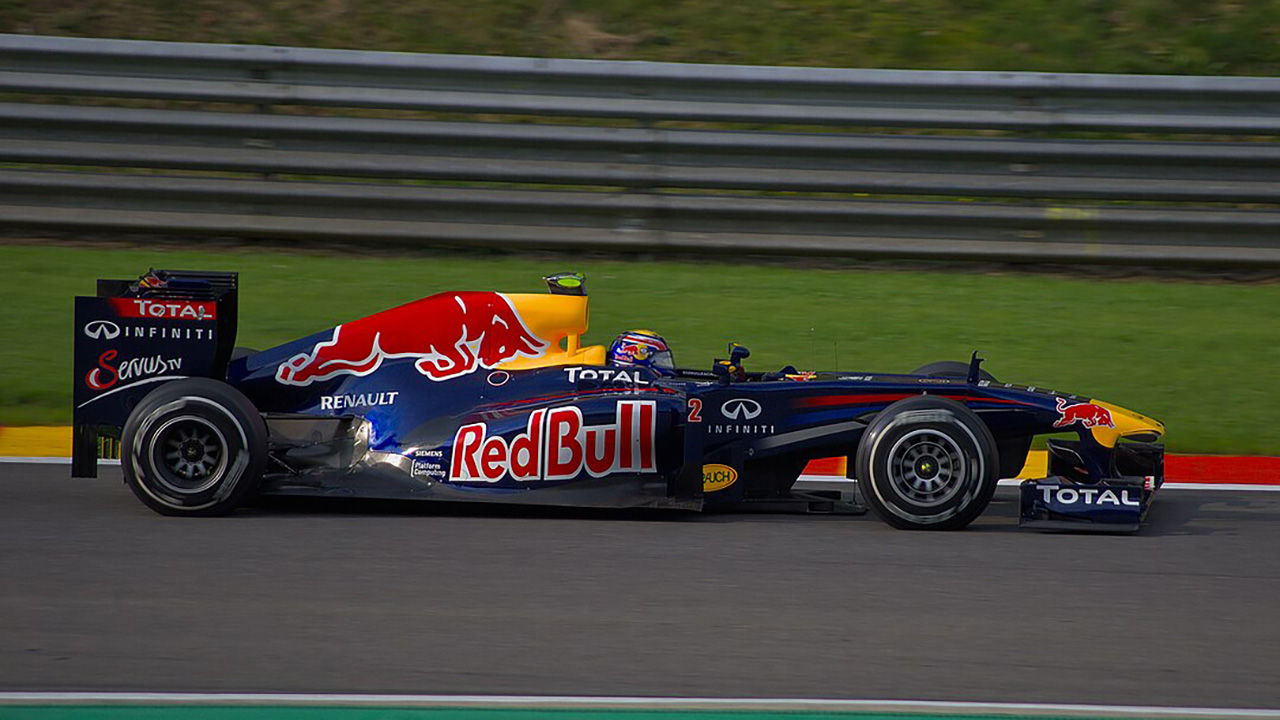
Sponsorships serve as the financial backbone of racing, providing essential funding for teams and drivers. These deals often cover a significant portion of a team’s budget, enabling them to invest in cutting-edge technology, skilled personnel, and competitive machinery. For drivers, sponsorships can be the difference between securing a seat in a prestigious team or struggling to find opportunities. The economics of sponsorship deals are complex, with brands seeking a return on investment through increased visibility and brand association with the sport’s excitement and prestige.
Beyond funding teams, sponsors play a crucial role in organizing successful racing events. They contribute to the logistical and promotional aspects, ensuring that races are not only competitive but also entertaining for fans. The economic impact of sponsored races extends to local communities, as these events attract visitors, boost tourism, and generate revenue for local businesses. The ripple effect of sponsored races can be substantial, providing economic benefits that extend beyond the race track.
Branding and Marketing Strategies
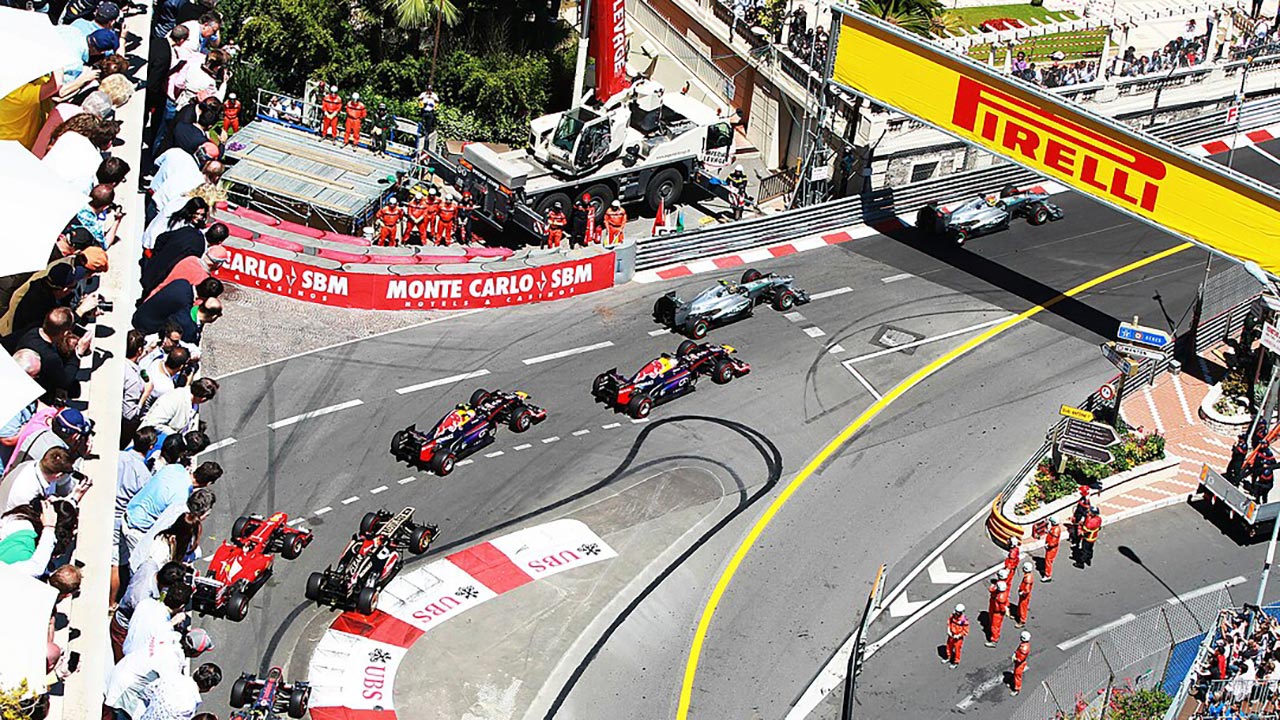
Brand visibility is a primary objective for sponsors in racing, as the sport offers a unique platform to reach a global audience. High-profile races like the Monaco Grand Prix or the Indianapolis 500 provide unparalleled exposure, with millions of viewers tuning in from around the world. Sponsors leverage this visibility to enhance brand recognition, often integrating their logos and messaging into team liveries, driver apparel, and trackside advertising.
Innovative marketing campaigns have become a hallmark of successful sponsor-driven initiatives. For example, Red Bull’s involvement in Formula 1 goes beyond traditional sponsorship; the brand has created a team that embodies its adventurous spirit and commitment to excellence. This symbiotic relationship benefits both parties, as sponsors gain credibility and prestige, while racing teams receive the financial support needed to compete at the highest level.
Influence on Racing Culture and Identity
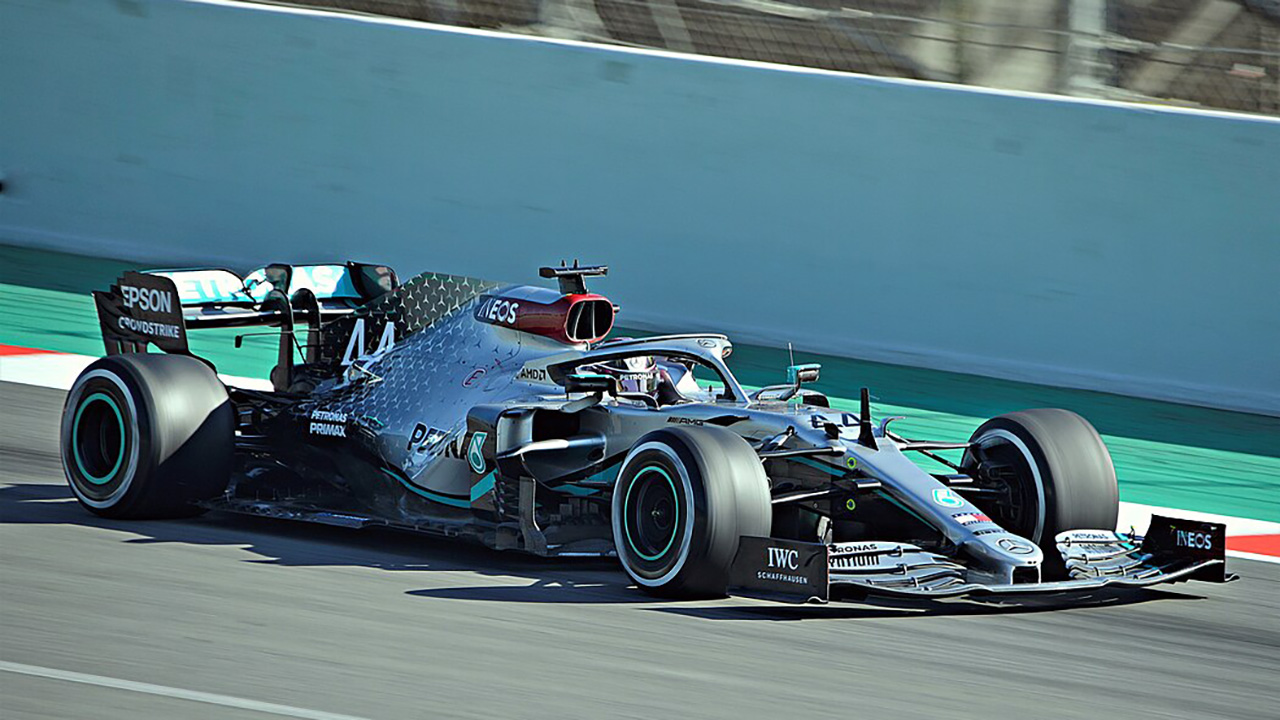
Sponsors significantly influence team identities, often dictating aesthetics and cultural elements. The presence of a sponsor can shape a team’s image, from the design of the car to the colors worn by the drivers. This influence extends to the fan experience, as sponsors engage with audiences through interactive events, merchandise, and digital content, enhancing the overall appeal of the sport.
However, the involvement of sponsors is not without ethical considerations. Controversial sponsors, such as those from industries like tobacco or alcohol, have sparked debates about their impact on racing culture. While these sponsors bring substantial financial support, they also raise questions about the values and messages being promoted within the sport. Balancing commercial interests with ethical considerations remains a challenge for racing organizations and teams.
The Future of Sponsorship in Racing
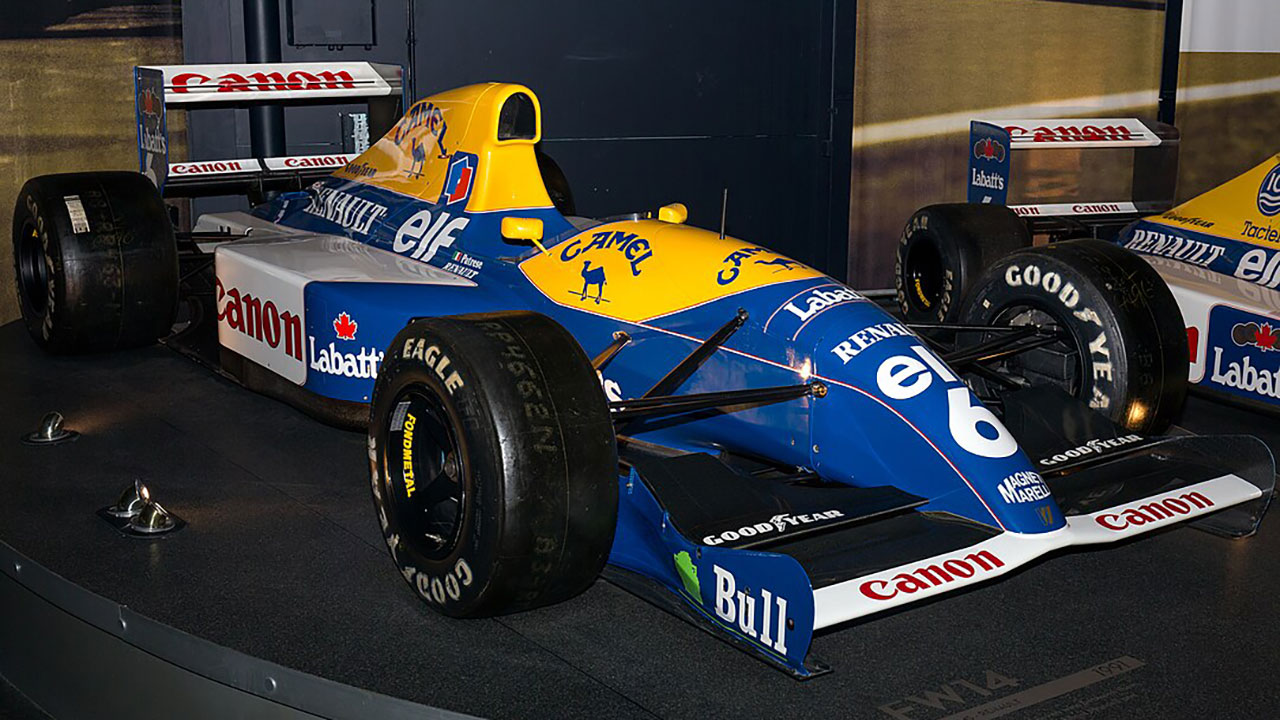
Emerging trends in sponsorship indicate a shift towards new industries becoming involved in racing. Technology companies, for instance, are increasingly investing in motorsports, attracted by the sport’s emphasis on innovation and performance. This trend is likely to continue as racing embraces digital transformation and new forms of engagement with fans.
Sustainability and social responsibility are becoming more important in the sponsorship landscape. Brands are increasingly aware of the need to align with ethical and sustainable practices, both in their operations and in their partnerships. This shift presents both challenges and opportunities, as sponsors navigate the evolving expectations of consumers and stakeholders. The future of sponsorship in racing will likely be defined by a balance between commercial success and social responsibility, ensuring the sport remains relevant and impactful in a rapidly changing world.
Like Fast Lane Only’s content? Be sure to follow us.
Here’s more from us:
*Created with AI assistance and editor review.

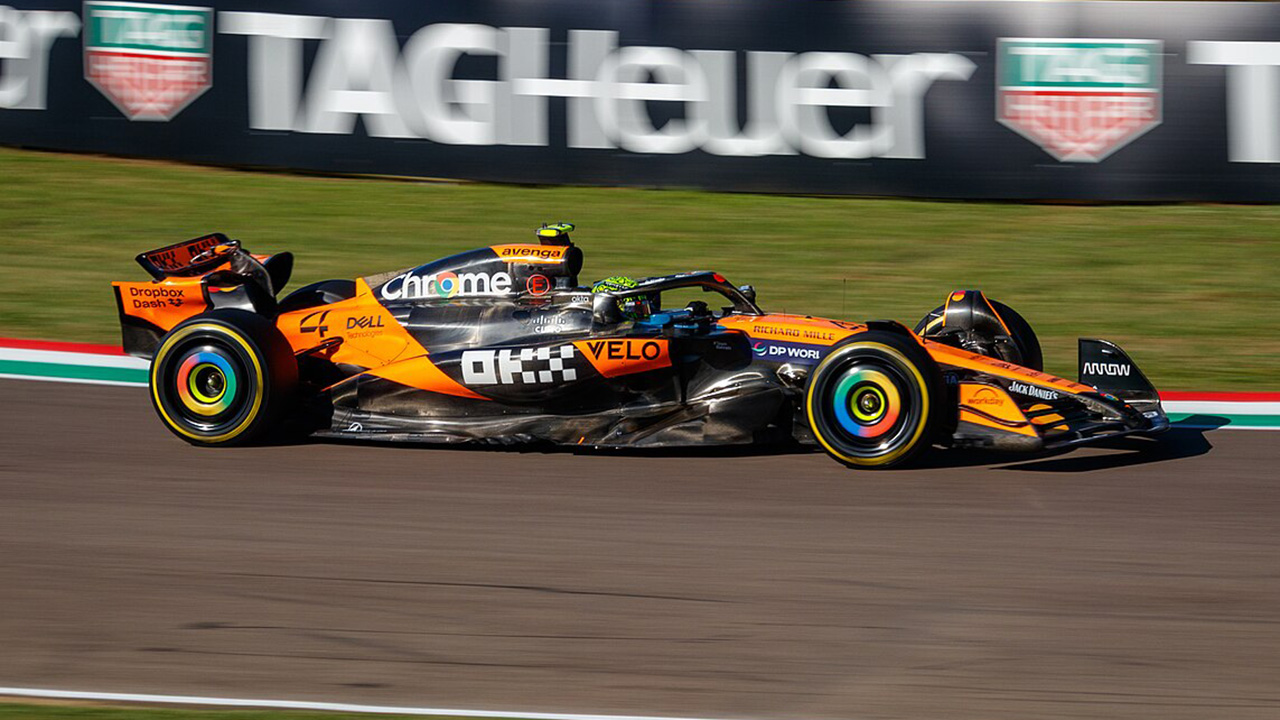





Leave a Reply